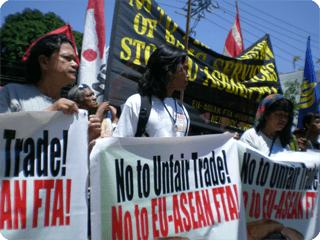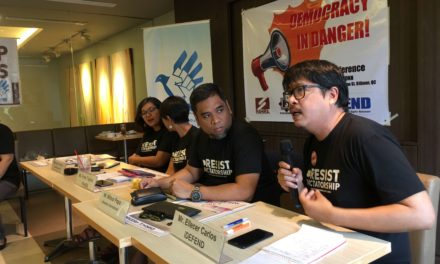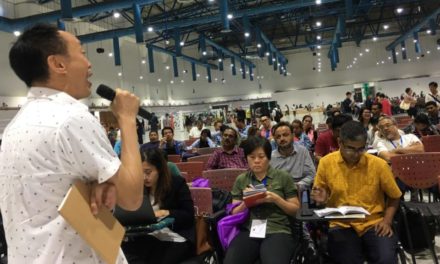Quezon City, 4 July 2014 — The signing of the Joint Declaration on Cooperation (JDC) between the Philippines and the European Free Trade Association (EFTA) is a prelude to an ambitious and comprehensive free trade agreement with EFTA and eventually with the European Union as well.
Much like the Partnership and Cooperation Agreement signed with the EU in 2012, the JDC sets the framework for cooperation on a range of economic issues covering not just trade in goods and services but in other areas like government procurement, intellectual property rights, and investments.
While lesser known than the EU, the EFTA – comprised of Norway, Switzerland, Lichenstein and Iceland – has in fact been more active in pursuing economic agreements, having concluded around 24 FTAs with 33 countries.
Compared to the EU’s new-generation free trade agreements (FTAs), which go well beyond traditional trade issues in goods and services, EFTA’s trade deals focus on market access in key areas of interest to EFTA economies, mainly industrial and agricultural products, and services.
Over the last few years, however, the scope of EFTA’s agreements has become much broader as well. EFTA’s FTA with Hong Kong, concluded in 2011, covers a wide range of areas, including trade in goods and services, investment, and other trade-related issues like the protection of intellectual property.
The deal with our ASEAN neighbor Singapore, which entered into force more than a decade ago, already covered trade in services, investment, and related areas such as public procurement, competition, and intellectual property rights.
Furthermore, taking its cue from the EU and its new-generation FTAs, EFTA is eyeing an upgrade of its existing FTAs to include a stricter intellectual property rights regime and stronger investor protection provisions including the controversial Investor-State Dispute Settlement Mechanism, which are trademark provisions of so-called 21st Century trade agreements.
EFTA is now considering scaling up their agreement with South Korea, taking into consideration some of the elements conceded by South Korea under the EU-South Korea deal.
We in the EU-ASEAN FTA Network are concerned that the Philippine government will commit the country once again to deeper liberalization, particularly in the areas of export interest to EFTA countries like fish and marine products, pharmaceuticals and services without presenting to the public a clear cost-benefit analysis taking into account vulnerable sectors like small fishers, and workers.
We are concerned that the JDC would open the door to more and much deeper economic concessions under an ambitious new-generation FTA with EFTA with very little consideration of the issues raised against such highly ambitious agreements and their economic, social and environmental impacts.
We are also concerned that the EU will soon follow in the footsteps of the EFTA to claim the same concessions as offered to EFTA as well as a lot more.#
Contact: Joseph Purugganan, josephp@focusweb.org +639228299450










